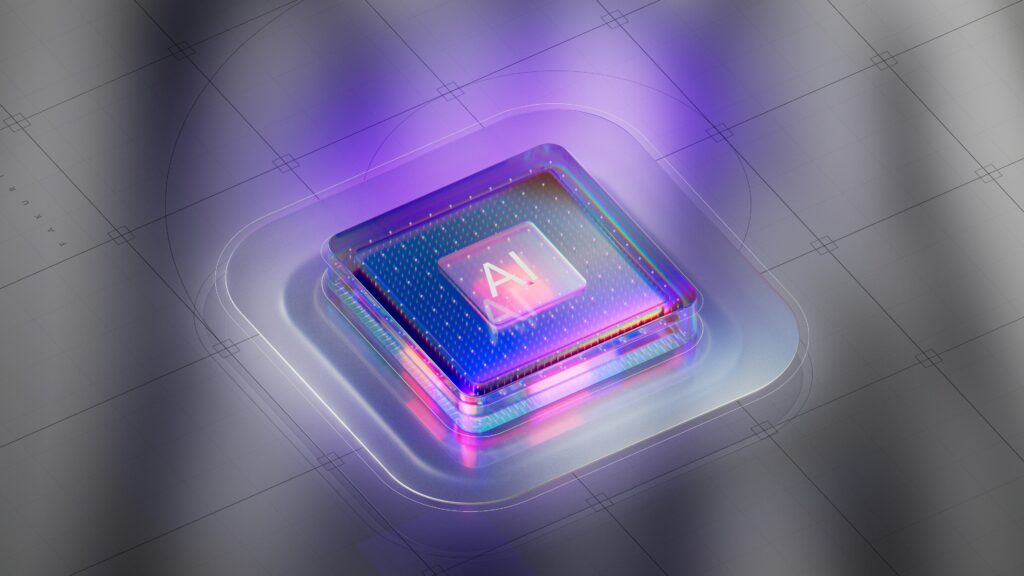This Is Why the Future of Leadership Is Algorithmic
For over a century, the corporation has been the backbone of global commerce, a machine powered by hierarchies, paperwork, and human decision-making. But a quiet revolution is unfolding in the form of decentralized autonomous organizations, or DAOs. These blockchain-based entities promise to transform not just how companies operate, but what “organization” itself means in a digital, borderless world.
As traditional corporations face growing mistrust, inefficiencies, and regulatory friction, DAOs represent an alternative: a system built on transparency, automation, and shared ownership. What if the CEO of the future isn’t a person, but a piece of code?
From Centralized Hierarchies to Distributed Intelligence
Corporations are designed around command and control. Decisions flow downward, accountability flows upward, and shareholders often remain distant from day-to-day operations. DAOs, by contrast, invert this model. They are governed by smart contracts, self-executing code that enforces rules and manages resources on a blockchain, and their members vote on proposals, share profits, and collectively steer the project’s direction.
Take MakerDAO, one of the earliest and most successful examples. Launched on the Ethereum network, it manages a stablecoin called DAI without a central authority. Token holders vote on interest rates, risk parameters, and collateral rules, functions that in a traditional setting would require multiple departments, executives, and oversight committees. Yet, the DAO runs continuously, making decisions based on consensus, not command.
This model transforms organizational power from a vertical to a horizontal axis. The result is not just decentralization, but democratization, a living system that evolves with its participants rather than its leadership.
Case Study: Gitcoin and the Rise of Collaborative Economies
Gitcoin illustrates how DAOs can reshape collaboration itself. Designed as a platform to fund open-source software, Gitcoin uses blockchain governance to allocate grants through community voting. Rather than a board deciding which developers deserve funding, thousands of participants use quadratic voting, a system that amplifies the collective voice while reducing the influence of wealthy actors.
The results have been striking. Gitcoin has distributed over $50 million to open-source projects, from climate tech initiatives to decentralized infrastructure tools. The funding process is transparent, auditable, and community-driven. This stands in stark contrast to the opaque, bureaucratic mechanisms that dominate corporate philanthropy and venture capital.
In Gitcoin’s ecosystem, innovation no longer depends on boardroom approval. It emerges organically from the network’s shared intelligence.
The Algorithmic CEO: Efficiency Without Ego
One of the most radical implications of DAOs is the elimination of traditional leadership roles. In a DAO, rules are enforced by code, not managers. Tasks that once required human oversight, financial transfers, governance voting, compliance checks, are handled automatically by smart contracts.
Imagine a decentralized logistics company where delivery routes, payments, and maintenance schedules are optimized through algorithms, and stakeholders vote on operational changes through blockchain proposals. The “CEO” is no longer a visionary individual but a suite of intelligent protocols that operate with perfect transparency and no personal bias.
This model also removes one of the most human vulnerabilities in leadership: ego. Without central authority figures, decisions are judged on merit, not politics. Incentives align naturally, as participants are both contributors and shareholders.
Challenges: Governance, Regulation, and the Human Element
Despite their promise, DAOs are not immune to flaws. The 2016 “DAO Hack,” where an attacker exploited a vulnerability to siphon millions in Ethereum, highlighted the risks of immutable code. Since then, governance frameworks have evolved, incorporating layered voting systems, multisignature wallets, and modular architectures that allow for rapid recovery and adaptation.
Regulation remains a gray area. How do you tax a DAO that spans hundreds of countries? Who is liable when code makes a faulty decision? Some jurisdictions, such as Wyoming in the United States and the Marshall Islands, have introduced legal frameworks recognizing DAOs as entities. Yet, global harmonization remains elusive.
There is also a cultural challenge. Human beings are not purely rational actors, they thrive on leadership, mentorship, and vision. The complete removal of hierarchy may lead to coordination fatigue or decision paralysis, as seen in some early DAOs that struggled to reach consensus. The future may not be leaderless, but rather leader-light, where guidance emerges from collective intelligence and rotating stewardship rather than fixed authority.
A Glimpse Into the Future: The Post-Corporate Economy
As DAOs mature, we may see a hybrid landscape where traditional corporations coexist with decentralized counterparts. Already, Fortune 500 companies are experimenting with internal DAOs to manage innovation budgets, employee incentives, and community outreach. Imagine an energy company whose renewable projects are funded and governed directly by token holders, or a global nonprofit whose operations are executed transparently on-chain.
Over time, the distinction between a company and a community could blur. Work might evolve into participation, and ownership into contribution. In this post-corporate economy, individuals could fluidly move between DAOs, lending skills to projects they believe in, earning tokens as compensation, and collectively shaping the digital ecosystems they inhabit.
The New Social Contract of Business
If the 20th century was defined by industrial capitalism, the 21st may be defined by algorithmic cooperation. DAOs represent not just a technological innovation but a philosophical shift, from centralized control to distributed trust, from shareholder primacy to stakeholder participation.
The end of corporations, as we know them, does not signal the end of enterprise. It signals its rebirth, a transformation from rigid hierarchies to adaptive networks that evolve at the speed of code. The CEO may disappear, but in their place arises something more profound: a collective intelligence, decentralized and unstoppable, powered not by authority, but by alignment.
As the lines between human intelligence and algorithmic governance continue to blur, the question isn’t whether DAOs will reshape business, it’s who will help build the infrastructure behind them. The shift from CEOs to DAOs demands more than vision; it requires secure, scalable, and intelligent systems that can sustain decentralized trust on a global scale.
That’s where Scopun comes in.
At Scopun, we empower organizations to evolve with the technologies that define the future, from blockchain architecture and AI integration to secure IT infrastructure and cloud automation. Whether you’re exploring decentralized governance, tokenized ecosystems, or blockchain-based security frameworks, Scopun provides the expertise to turn ambitious ideas into reliable realities.
The era of centralized control is ending. The era of intelligent, decentralized systems is here.
Partner with Scopun and start building the future before it replaces you.
Contact Scopun today.




